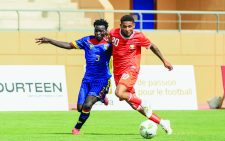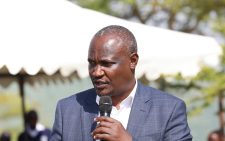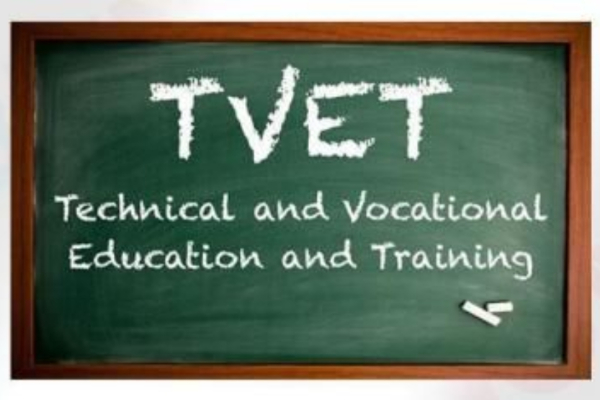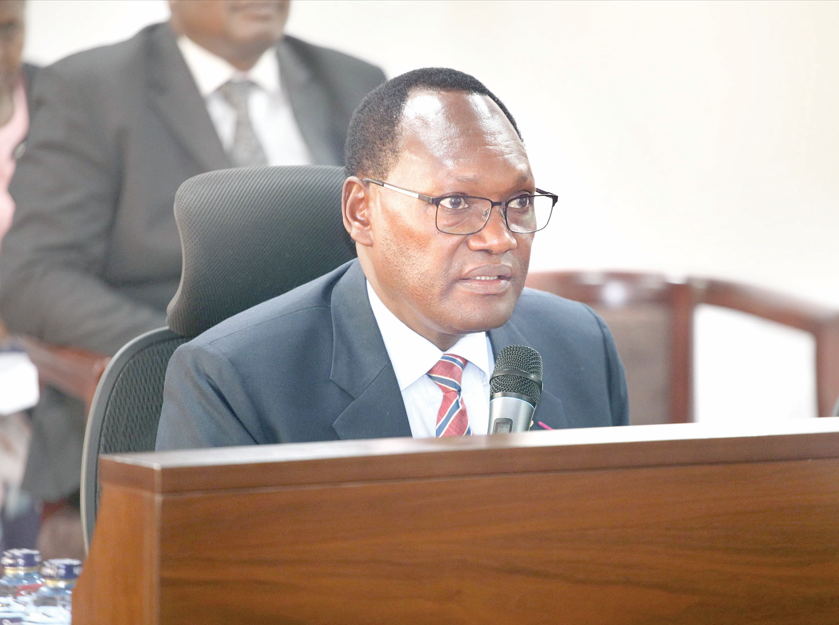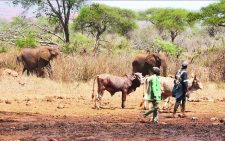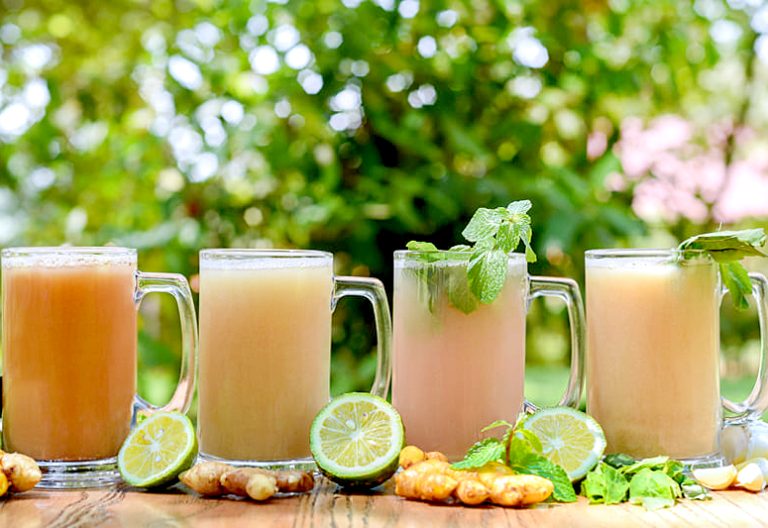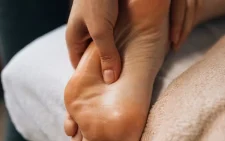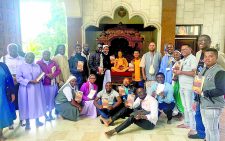Meet Filbert Mkwiche, a fashion designer who is popular for his themed dress up parties
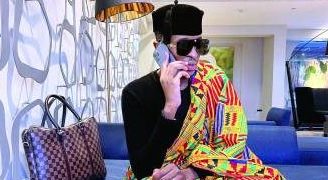
What prompted you to get into fashion?
I draw my style inspiration from my parents whom are very fashionable. When I completed my O-level studies, I was so invested in how my parents used to style their outfits to work.
I sometimes would advise them on how to pair their outfits to bring out more of their personalities, and I loved it so much. I always looked forward to the next day to plan out their looks.
They saw the passion and dedication in me and they advised me to take it up seriously. While in campus I interacted with many students to understand their style and personality, which helped me in understanding my niche market.
I used to sell second-hand outfits (mtumba) to them, then started to customise the various outfits for them on demand.
What did you study in university and what role is it playing in your fashion business?
I pursued International Relations and Security Studies, and it has given me an upper hand when it comes to reaching out to my different clientele across the globe.
It has helped me in learning some of their cultures and ways of interaction, aiding me to easily communicate and relate with them and hence expanding my market to different countries.
Along the way, what are some of the challenges you have encountered?
Capital has been one of the issues, but the main challenge was trying to understand the market scope.
Understanding my niche market and trying to create a whole new world of creativity by myself was also an issue, but I have learnt how to work around that.
Because of your craft, you are among those selected by Guinness for the ‘Black Shines Brightest’ pan-African campaign. Tell us about more that?
I am so honoured to be part of this amazing campaign because its all about magic and creativity. It brings out the attitude to live life to the fullest by creating opportunities that only used to be just visions, but now are bursting business ideas.
The campaign serves as a cultural space and a hub for people to connect and energise each other with creativity and inspiration.
How would you describe your style?
I would say extra, out of the normal comfort zone.
Who are some of the celebrities you have enjoyed designing and styling for?
I have had the honour to be graced by the best various celebrities who have now turned to family. They include Jacky Vike, Huddah Monroe, Avril, Pascal Tokodi, Shix Kapyenga, Wilbroda, Esther Kazungu, Ann Stellah, Seth Gor, Brian Kimanzi, Brian Mutinda, Kamene Goro, Mary Mwikali, and Betty Kyalo.
The Kenyan fashion scene has come a long way. According to you, how much have we embraced the ‘Buy Kenya Wear Kenya’ initiative?
Over the years, I have noted the growth of demand and support from our very own. Also, the growth of up-and-coming designers means that the demand for custom fits is rising. Fashion photographers are also bringing out the best pieces to the wider market and we can only hope for more growth in the coming years.
What would be your advice for emerging designers?
Let the passion be your drive, then everything else will fall into place have the will to sacrifice for everything you want to achieve.
What’s your most surreal fashion experience?
Hosting my themed parties and seeing the outcome; how people show up and connecting with each other through their various fields.
Which designer do you look up to?
Olivier Rousteing for Balmain.
Do you have a fashion philosophy that you live by?
Yes. Every great design begins with a great concept.
